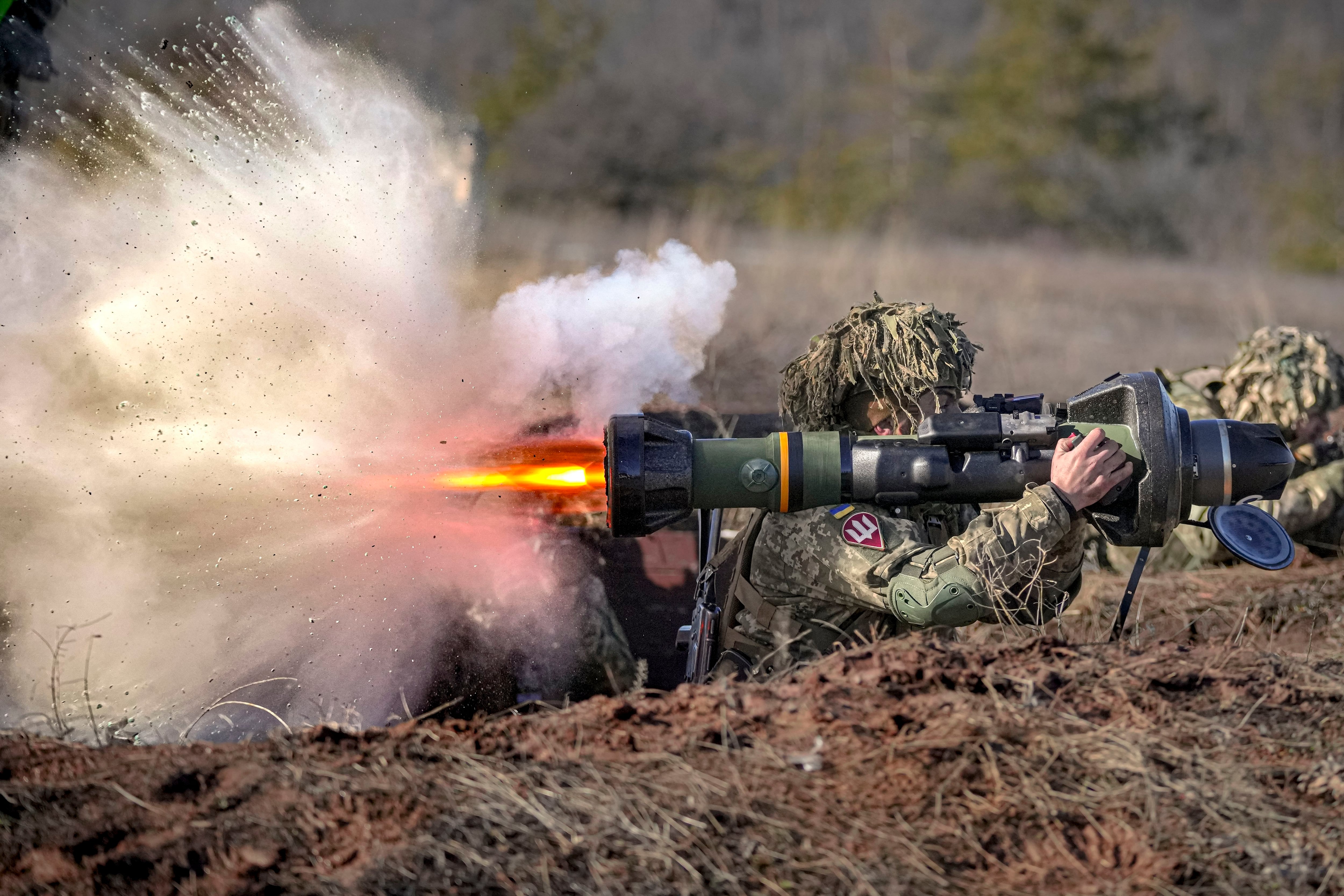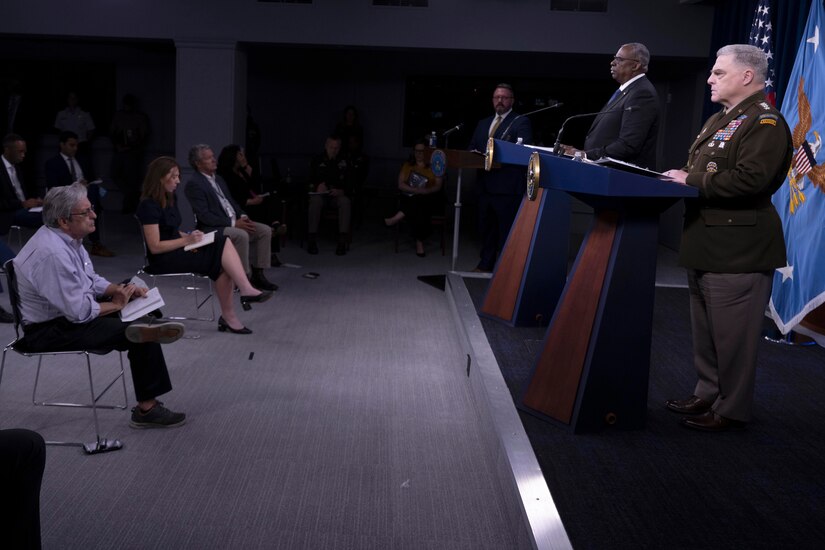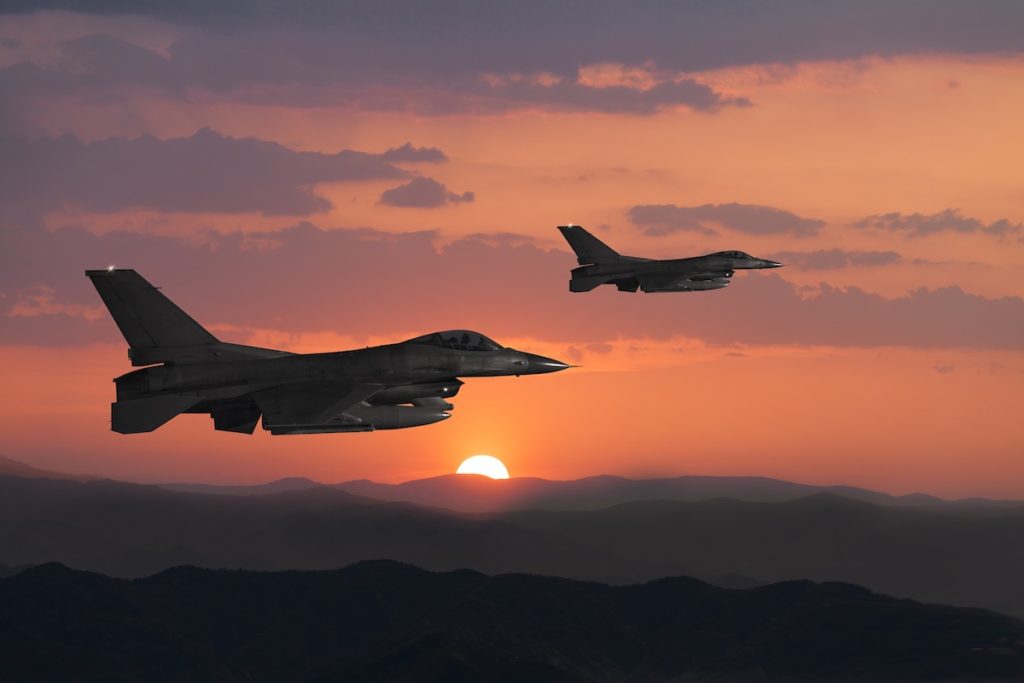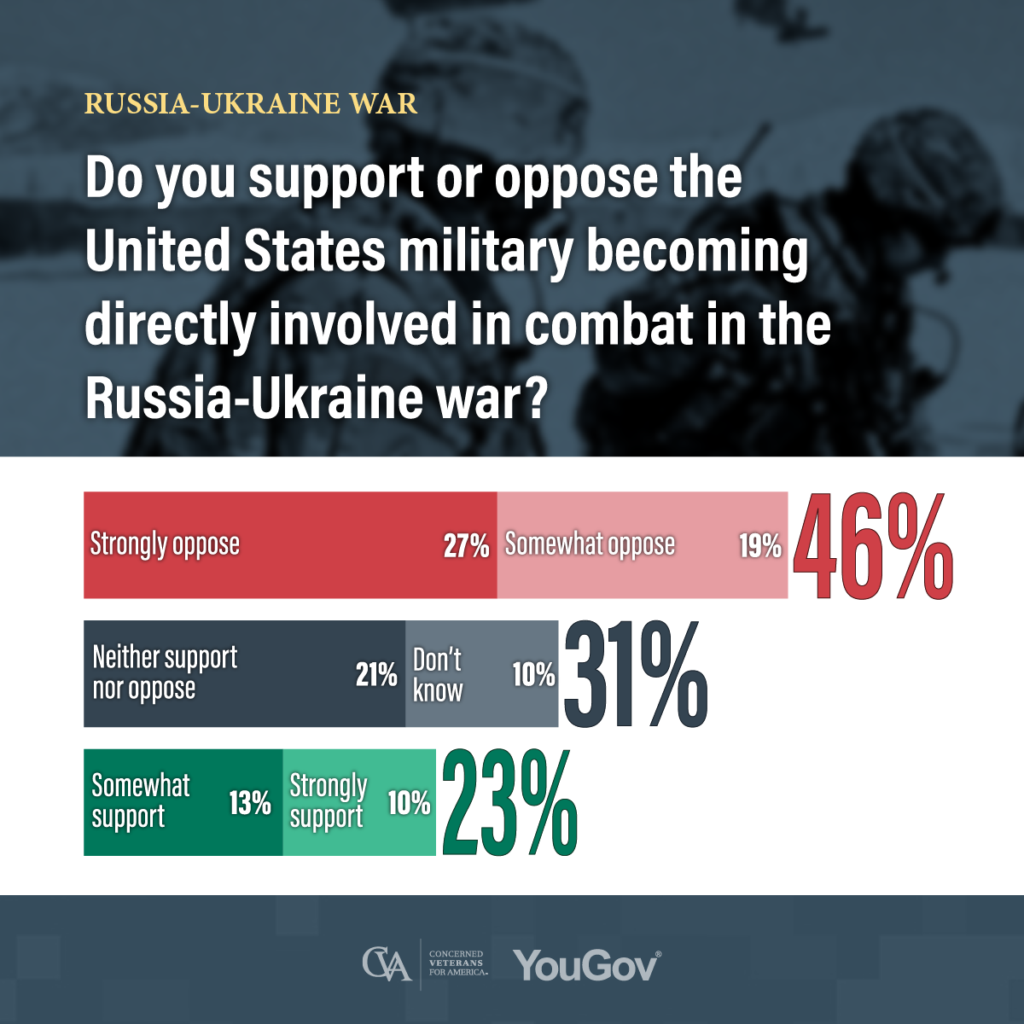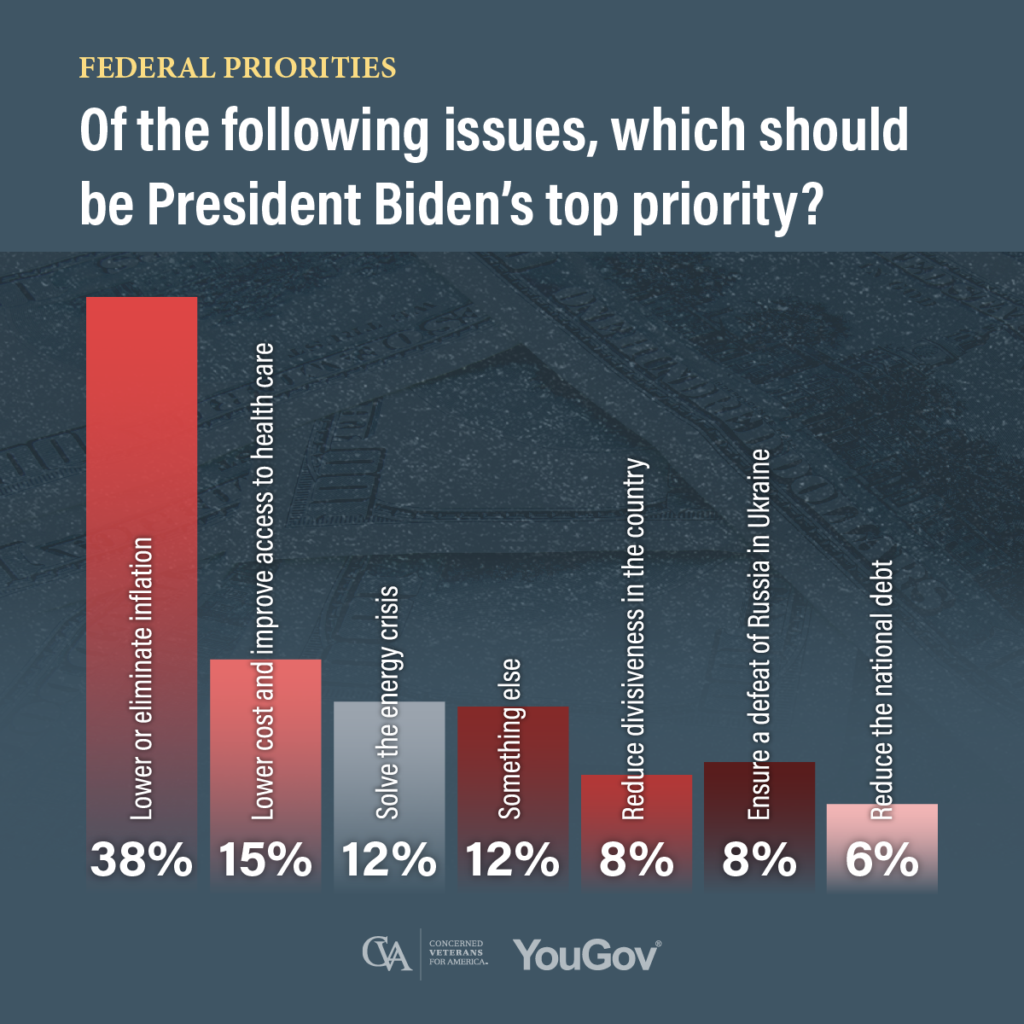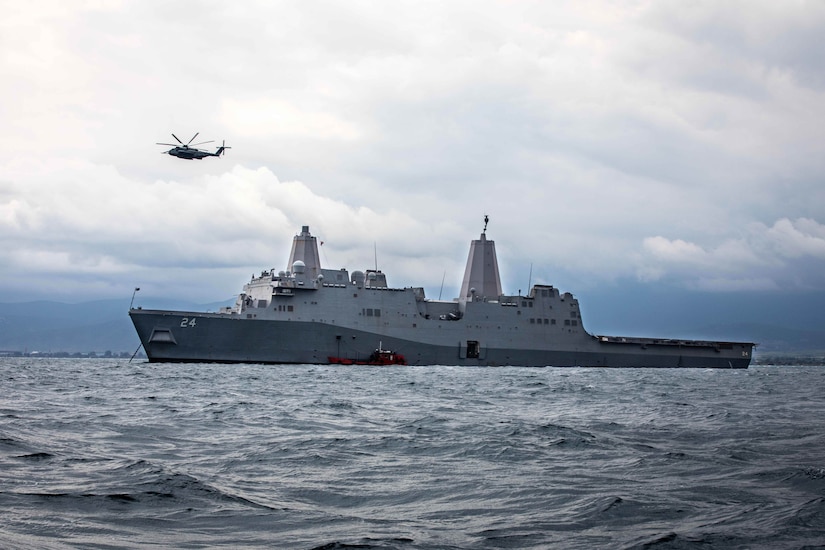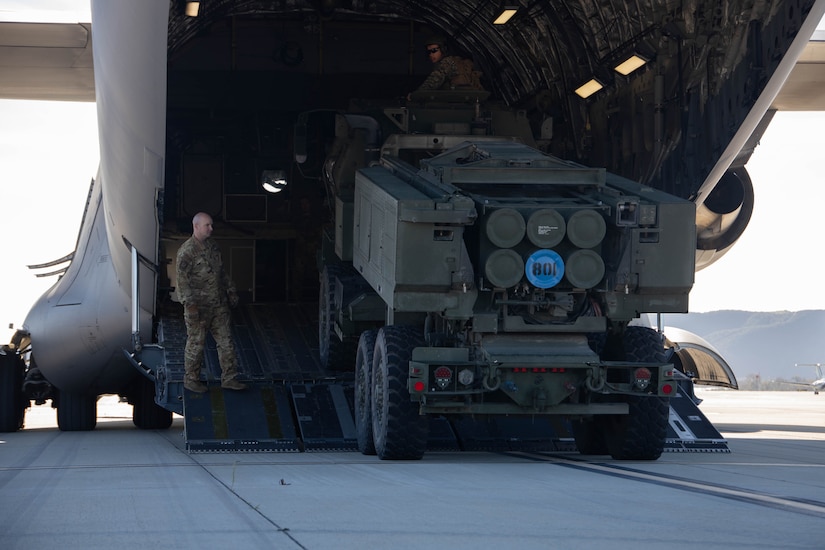Defense leaders from some 50 nations met today as part of the Ukraine Defense Contact Group to discuss the ongoing international support provided to Ukraine as it fights to maintain its sovereignty following an illegal invasion by Russia.
“Russia’s cruel and unprovoked invasion has spurred the international community into action,” said Secretary of Defense Lloyd J. Austin III during a briefing after the group’s fourth meeting. “Today’s meeting is just another sign of the way that nations of goodwill are rising to the moment. The security assistance that we are rushing to Ukraine is making a real difference in real time. And everyone in the contact group has been inspired by the courage of the Ukrainian people and the skill of the Ukrainian military.”
In attendance at today’s meeting, Austin said, were Ukrainian Defense Minister Oleksii Reznikov and Ukrainian Deputy Defense Chief Lt. Gen. Yevhen Moisiuk, who provided critical insight into what’s happening in Ukraine and what Ukraine needs.
“I’m grateful to these brave leaders for taking the time to update us on Ukraine’s most urgent requirements,” Austin said. “They also provided us with an important battlefield update. And they described how Russia is massing artillery and rocket fire in its desperate, aggressive push to seize sovereign Ukrainian territory in the Donbas.”
The equipment and support provided by nations involved in the contact group has already demonstrated value in the way it’s been successfully employed by the Ukrainians, Austin said.
“Ukrainian forces are now using long-range rocket systems to great effect, including HIMARS provided by the United States and other systems from our allies and partners,” Austin said. “Ukraine’s defenders are pushing hard to hold Russian advances in the Donbas, and the international community has also worked hard to provide Ukraine with better coastal defense capabilities. And that directly contributed to Ukraine’s victory on Snake Island, and it has helped prevent a Russian landing in Odesa.”
Still, Russia is keeping up the pressure, Austin said, and nations involved in the Ukraine Defense Contact Group will continue to help Ukraine keep up it’s defense by providing even more support.
“We’re pushing hard to maintain and intensify the momentum of donations,” he said. “And that includes many new announcements made this morning.”
Some nations, Austin said, are providing training to the Ukrainian armed forces; others are refurbishing Ukrainian equipment, while some are providing spare parts.
“Countries — including the Czech Republic, Poland and the U.K. — are working with their domestic industrial bases to find ways to help Ukraine even more quickly,” Austin said. “Other countries, such as our Baltic and Australian allies, continue to generously deliver items from their own stockpiles.”
The secretary called out Poland for acting as a “linchpin” for security assistance efforts, as well as for its assistance, so far, of more than $1.7 billion in military equipment. He also thanked Norway for providing Ukraine with its advanced surface-to-air missile system.
“I’m very thankful to these countries and to all the countries that have offered aid,” he said. “I’m confident that these efforts will continue to grow.”
U.S. security assistance to Ukraine so far has included, among other things, over 1,400 Stinger anti-aircraft systems, more than 6,500 Javelin anti-armor systems, and more than 700 Switchblade drones.
The U.S. has also provided 126 155-mm howitzers with up to 411,000 155-mm artillery rounds and a dozen High Mobility Artillery Rocket Systems along with associated ammunition.
“As you know, we’ve provided the Ukrainians with 12 HIMARS multiple-launch rocket systems to further strengthen their long-range fires capability,” Austin said. “I think that everyone here understands the difference that they’ve made on the ground.”
The secretary said the U.S. will send four more HIMARS to Ukraine, for a total of 16, and that an official announcement about that will come later this week when another security assistance package is announced. That package will be the 16th sent to Ukraine, so far, and will also include additional Guided Multiple Launch Rocket Systems, which are used in HIMARS.
Austin said he expects that security assistance will continue for Ukraine — both from members of the Ukraine Defense Contact Group and the United States.
“We’re going to keep moving at the speed of war,” he said. “We’re going to make clear that might does not make right. We’re going to stand strong with our fellow contact group members, and we’re going to support Ukraine’s self-defense for the long haul. And we’re going to defend the rules-based international order that protects us all.”
The Ukraine Defense Contact Group met for the first time in Germany in April and serves now as a way for participating nations to coordinate their assistance Ukraine and focus on Ukraine’s future defense needs. At the time, Austin said he expected the group to continue to meet on a monthly basis.
“As this fight rages on, the contact group will keep finding innovative ways to sustain our long-term support for the brave men and women of the Ukrainian armed forces, and we will tailor our assistance to ensure that Ukraine has the technology, the ammunition and the sheer firepower to defend itself,” Austin told contact group participants.




:quality(70)/cloudfront-us-east-1.images.arcpublishing.com/mco/A3W3PHKQ2JE5PH7OQQN5UJQ3XM.jpg)
